Cachet Junior caught up with finance expert Rory Douglas for an exclusive photo shoot and also to pick his brain on the world of finance as it relates to teens and kids. Rory was fun and full of tips about how to “chase the bag.”
On Instagram every one wants to stunt and show that they have means or at least look like it. What teens and kids need to know is that many people flashing cash, nice cars and expensive clothes often go broke later. Some often mismanage their money and do not know enough to keep on top of their finances. Making good money decisions helps provide a better life and future.
Making money, keeping it and making money make money is a skill. Rory Douglas has a few tips on how you can start get fluent in the language of money or finance.
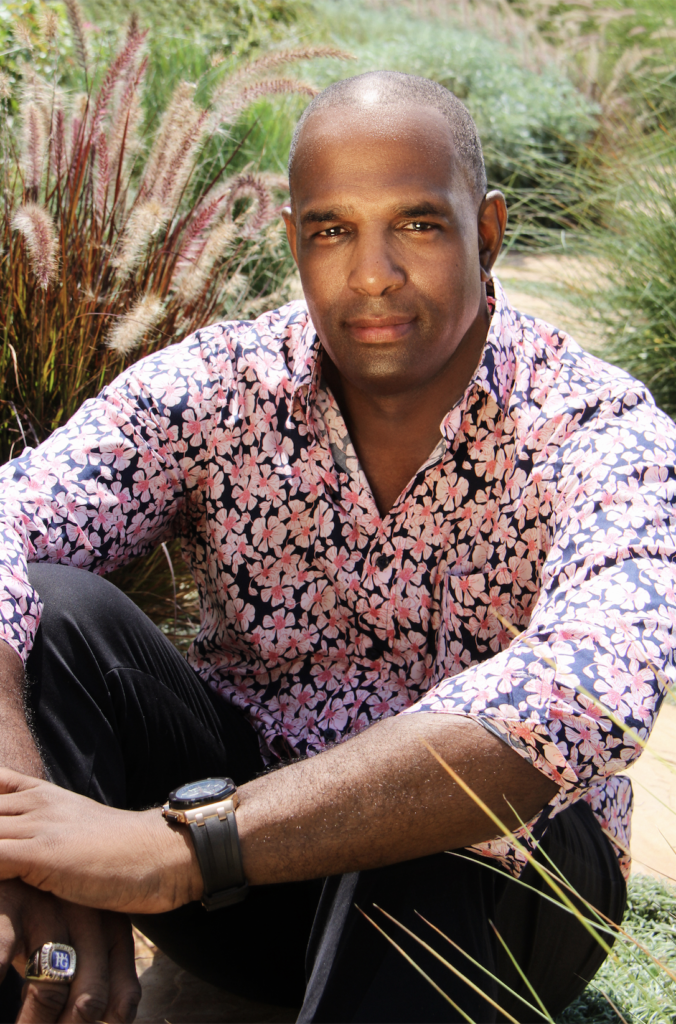
What do you do in a nutshell?
I show people how to make money, save money, and protect themselves.
What are tips for teens and children on how they can learn financial responsibility?
The first step is to make sure that when they get a check or any money, they pay themselves first. You want to create a habit of paying yourself first. When you spend money before you pay yourself first, you’re training yourself to be a consumer. When you pay yourself first, you’re training yourself to be a saver.
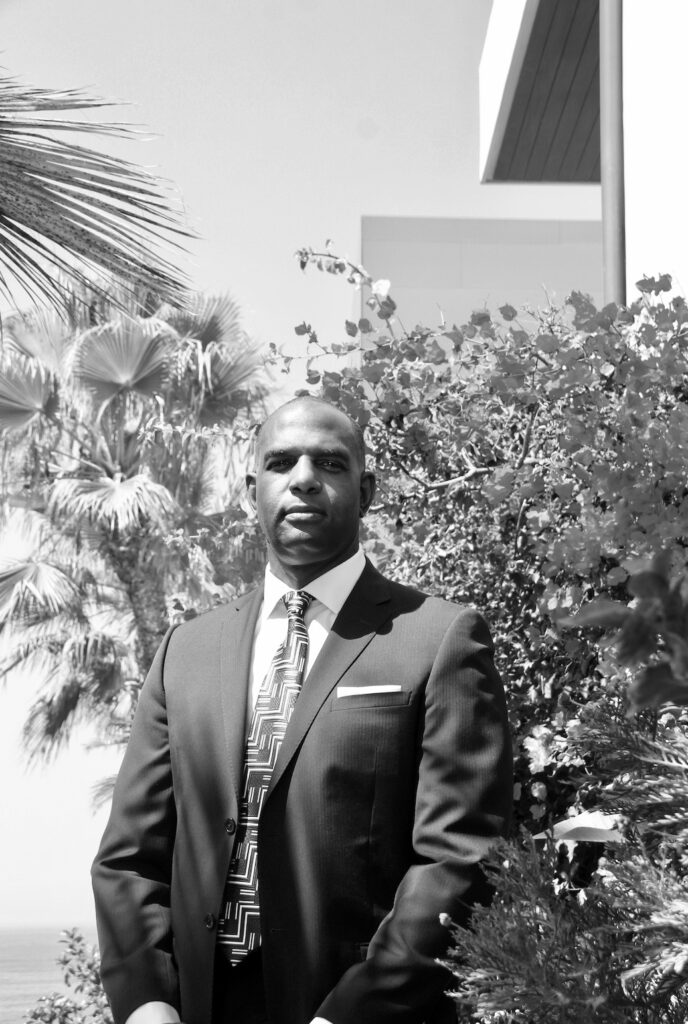
How should young people structure any saving they have from birthdays or part time jobs?
It’s not about how much money you make that counts; it is how much you keep. Now that you are with your parents; take full advantage of the time you have by saving as much as you can. Make sure you study plans that you could put money in like the S&P 500 and Mutual Funds when you are prepared.
What ways can they prepare for college?
Encourage your parents to set up a college savings plan for you right away. Also, take a college preparation course for exams, do FAFSA and grants and start applying now.
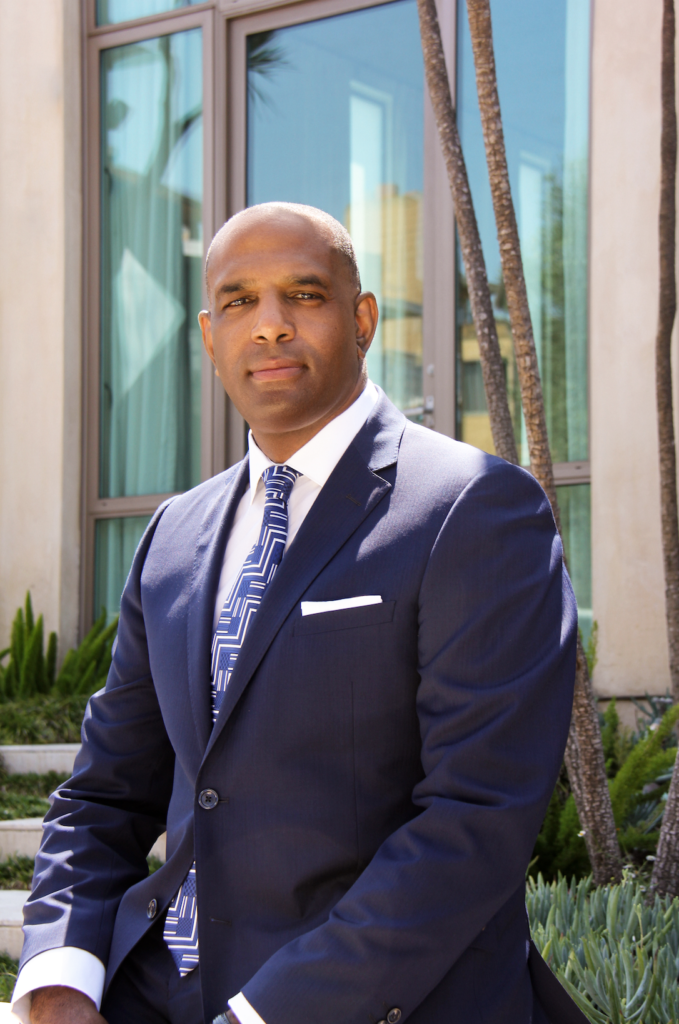
Going into college what do they do financially the first year?
The average college student graduates college with about $25,000 in debt. If they are preparing to be a lawyer or doctor it can be upward of $100,000 to $200,000 debt.
The average college major changes their major four times. Make sure you find out how much your aspiring field pays on average salary and make sure that the field has longevity for the future. You don’t want to be paying for an education in an industry that is going out.
How can teens learn skills that they can use financially as adults?
You can learn financial skills by listening to podcasts, buying finance books, and getting involved in the financial community.
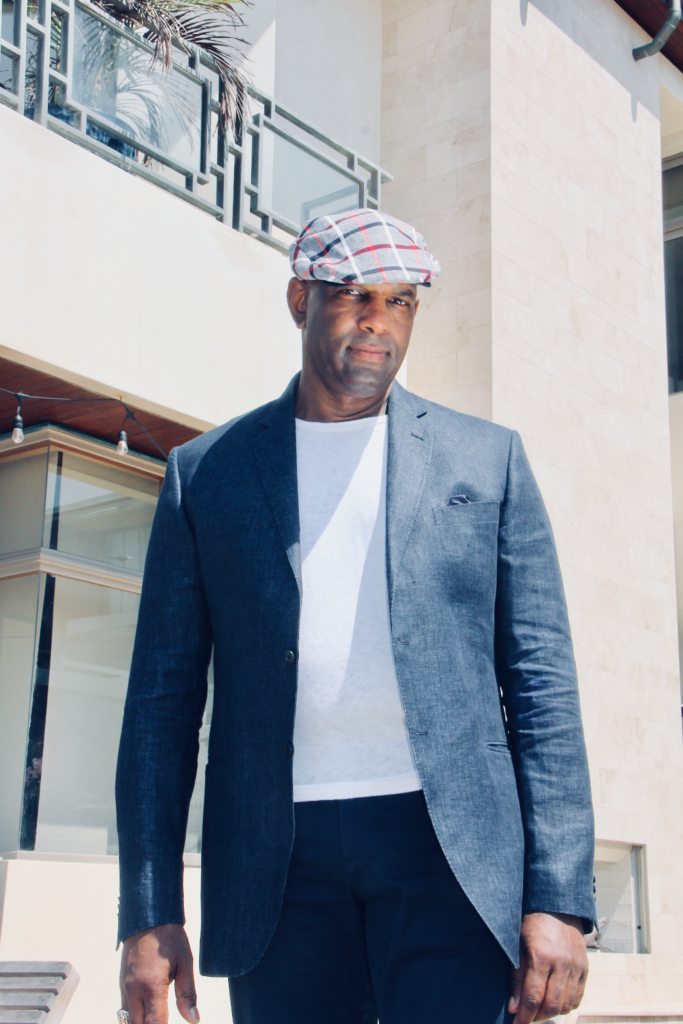
What would you say to yourself at 16?
“You think you have all of the time in the world, but in reality, you don’t. Time waits for no one, and your youth is your ally. Start getting financially prepared now so that you can secure your future financially later.”

What is your words for advice for those dealing with the pressure of not having it all and seeing others on social media and even in their social circles with more?
Tangible things are just things, and there’s a big difference between riches and wealth. When you’re rich, you may only have money for lunchtime; when you’re wealthy, you’ll have money for a lifetime. So be patient, don’t let what others have take away your focus.

What tips do you have for kids looking for a mentor?
First, you have to realize that mentors are all around you. Don’t make the mistake only judge mentors that are publicly known. That can cause you to miss those mentors that are around regardless of their job title. Look for people who have character, tenacity, and skill in their field. They all can teach you something, not just the people you see on television.
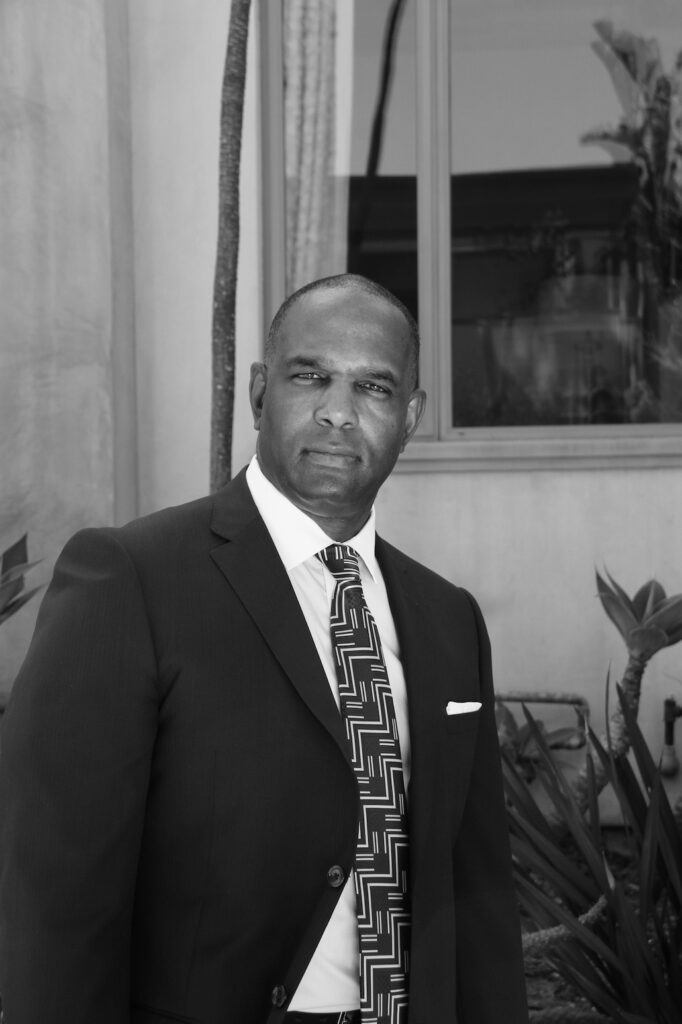
How can students find out more about your career path?
My firm Aqua Financial is always open to interns and mentees. Students can visit www.aquafinancialcenter.com for more information.

